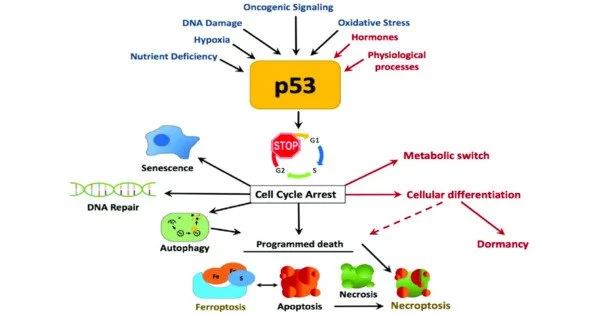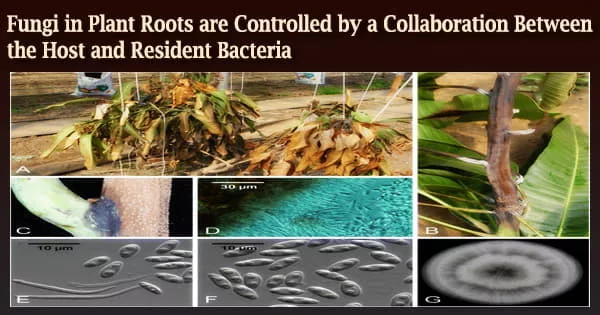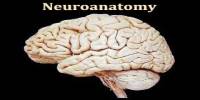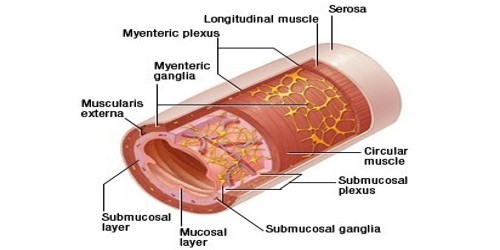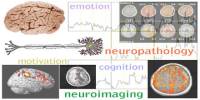A tumor suppressor gene (TSG) is a type of gene that is important in regulating cell division and preventing tumor formation. It is a gene that controls a cell’s division and replication. Cancer will develop if the cell continues to grow uncontrollably. When a tumor suppressor gene is mutated, its function is lost or reduced.
This, in conjunction with other genetic mutations, may allow the cell to grow abnormally. When compared to oncogene activation, the loss of function for these genes may be even more important in the development of human cancers. These genes function as “brakes” on the cell cycle, assisting in the control and limitation of cell growth. When functioning properly, tumor suppressor genes help prevent the development of cancer by inhibiting the uncontrolled proliferation of cells.
Mutations or inactivation of tumor suppressor genes can lead to the loss of their normal regulatory functions, allowing cells to divide and grow uncontrollably, which is a hallmark of cancer. Inherited mutations in certain tumor suppressor genes can increase an individual’s susceptibility to certain types of cancer. There are several well-known tumor suppressor genes, and their functions vary. Some examples include:
- p53 (TP53): p53, also known as the “guardian of the genome,” plays an important role in preventing the accumulation of DNA damage and promoting repair. Mutations in p53 have been found in a variety of cancers.
- BRCA1 and BRCA2: These gene mutations are linked to an increased risk of breast and ovarian cancer. These genes are involved in the repair of DNA.
- RB1 (Retinoblastoma 1): Mutations in the RB1 gene have been linked to retinoblastoma, a rare eye cancer that typically affects children. The cell cycle is regulated by the RB1 protein.
- PTEN (Phosphatase and Tensin Homolog): PTEN is involved in cell growth and division regulation. PTEN mutations have been linked to several types of cancer, including breast, prostate, and brain cancer.
- APC (Adenomatous Polyposis Coli): Mutations in the APC gene are commonly found in colorectal cancer. The APC protein helps control cell adhesion and signaling pathways.
TSGs are classified into three types: caretaker genes, gatekeeper genes, and, more recently, landscaper genes. Caretaker genes ensure genome stability through DNA repair and, when mutated, allow mutations to accumulate. Meanwhile, gatekeeper genes control cell growth directly by either inhibiting cell cycle progression or inducing apoptosis.
Finally, landscaper genes regulate growth by contributing to the surrounding environment, which when mutated can result in an environment that promotes uncontrolled proliferation. As medical advances in fields such as molecular biology, genetics, and epigenetics are made, classification schemes are evolving.
